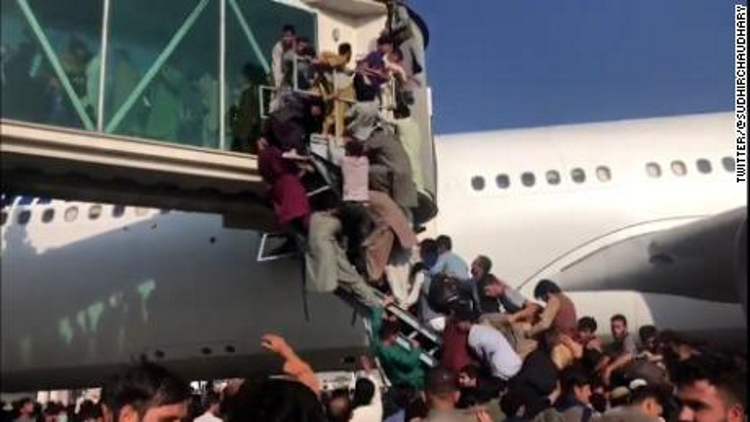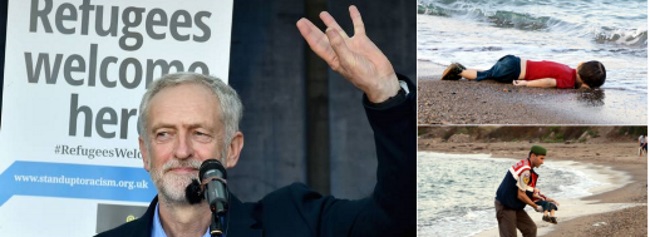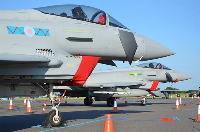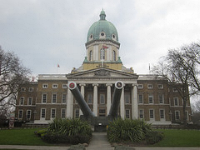Afghanistan is now dominated and controlled by the Taliban. This has happened a week after the US withdrawal. Joe Biden announces that the mission was never about “state building’; let’s hope the people of the NATO nations learn that NATO can never act as such a force, and that ‘liberal interventionism’ is recognised as the oxymoron it truly is.

The pictures of those seeking to leave Kabul are heart rending and I for one feel impotent and partly guilty at the same time.
We owe a duty to the people of Afghanistan that want a better life and the first thing to do is consider our national refugee policy and how we welcome them. First we need to let them in, and second to stop sending them back.
We need to welcome them, and ensure that they can live, love and learn. This will involve changing our approach to a number of immigration policy issues.
Priti Patel’s Borders Bill, which arguably breaks international law on the rights of refugees, must be suspended, and the Immigration Act 2014 needs, at the least, major revision. This isn’t a debate on quotas or points and the hostile environment makes it impossible for immigrants to live; we should be proud that refugees want to come here. I’d add that some of my immigrant members are shocked at the injustice they face at work and the lack of remedy. Britain was meant to be famous for fair play.
I’ll leave the foreign policy lessons for another time. …






